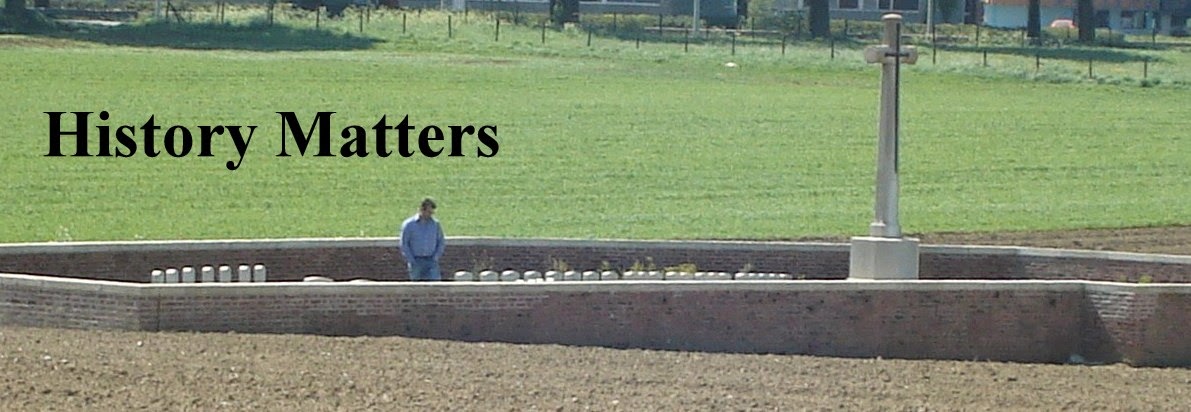I shouldn't but I get rather wound up by people who criticise the use of Blackadder in the teaching of the First World War. It was not made as a documentary and was never intended to be used as one. It is a comedy programme and as such it sets out to make people laugh. It uses satire and irony (and many other devices) to achieve this.
Many teachers use it and rightly so. Just because you may not agree with the stereotypes in the characterisations, should not mean you disapprove of it being used in lessons.
In fact I do not use it in school, but on a coach!
Many teachers use it and rightly so. Just because you may not agree with the stereotypes in the characterisations, should not mean you disapprove of it being used in lessons.
In fact I do not use it in school, but on a coach!
I use Blackadder goes Forth on our annual October Battlefields trip. We go for four days and spend a day near Arras, a day in the Somme and two days in Ieper.
We use it on the coach ostensibly as a comedy show related to their visits those four days. It is used as a teaching tool and also as a release valve, ie to get them to laugh when they have spent the whole day hearing and seeing and learning some pretty horrendous stories/personal histories of our boys' relatives.
Our first day alone can often see us visiting five or six sites and we've been up since 3 am. We play the six episodes in broadcast order. This works well. When our coach drives from our last site on the first day to our youth hostel in Albert, there's just about enough time to watch the first one.
Our second day is a very intensive and emotional visit to the Somme battlefields, taking in as many as ten different sites. (In 2013 there were as many as three of our forty boys who told us the story of their relative on the Thiepval Memorial alone). After ten hours in cemeteries and battlefields our coach starts the 90 minute drive to Ieper in Belgium. Thus we get to see episodes 2-4.
Usually ( as we are on a coach and the boys are tired), we don't need to do much teaching, if at all, on the coach. They might ask us a question which we answer, but our students see it as the clever parody that it is.
After our third day we are preparing for our participation in the Menin Gate ceremony. Thus we do not watch 5-6 until we have left Ieper for the journey home. Sometimes we watch the last episode before Calais, at other times we get to the crucial last scenes on the M25.
The boys are exhausted after four days and there usually is a bit of chatter during 5 and even the start of 6. However, wherever we are as 6 reaches its climax, be it in France, daylight, Britain or darkness, a hush falls over the entire coach. On some occasions there have even been sobs heard on a coach of forty 15/16 year old boys!
Within less than an hour, their parents are picking them up and asking if they had a good trip.
Blackadder is a great teaching tool, emotion release and the perfect accompaniment to our tour.
Such is the power and brilliance of Blackadder.
